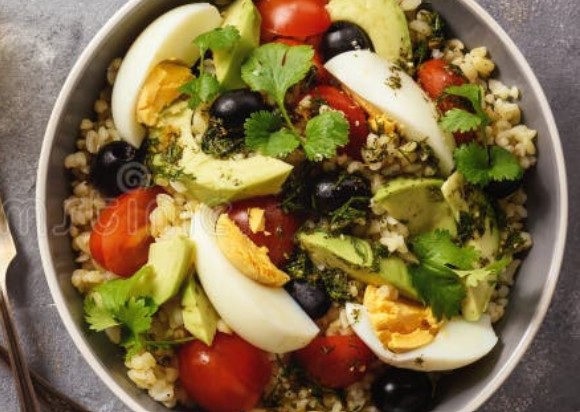New research suggests that simply reducing your daily calorie intake — without skimping on essential nutrients — may help rejuvenate your muscles and activate biological pathways linked to better health and longer life.
Scientists at the National Institutes of Health (NIH) and their collaborators have shown that calorie restriction (eating fewer calories while still getting necessary vitamins and minerals) doesn’t just benefit lab animals — it may also apply to humans. Their latest findings, published in *Aging Cell*, build on decades of animal studies showing that calorie restriction can slow down aging and delay the onset of age-related diseases.
The researchers analyzed data from the CALERIE (Comprehensive Assessment of Long-Term Effects of Reducing Intake of Energy) trial, a major study funded by the National Institute on Aging. Participants were initially asked to cut their calorie intake by 25% over two years. In reality, they managed an average reduction of just 12% — but even this modest cut was enough to spark significant changes.
“A 12% reduction is very modest,” said Dr. Luigi Ferrucci, scientific director at the NIA and senior author of the study. “But it’s achievable for most people and may have a major impact on health.”
Interestingly, participants on calorie restriction lost about 20 pounds and some muscle mass during the first year — yet they didn’t lose muscle strength. In fact, the force generated per unit of muscle mass (known as muscle specific force) actually improved. This suggests that calorie restriction helps muscles become more efficient and resilient, even as overall mass decreases.
To dig deeper, the scientists examined thigh muscle biopsies collected at the beginning of the study and again after one and two years. They analyzed messenger RNA (mRNA), which carries the instructions for making proteins, to see which genes were turned up or down by calorie restriction.
The results were striking: the same beneficial gene pathways that had been seen in mice and primates were also activated in humans. Reduced calorie intake increased the activity of genes involved in energy production and metabolism, while dialing down genes that drive inflammation.
“Since inflammation and aging go hand in hand, calorie restriction could be a powerful way to counteract the chronic inflammation that often develops with age,” Ferrucci explained.
In short, you don’t need to adopt an extreme diet to get meaningful health benefits. A small, manageable reduction in calories might be enough to slow down some aspects of aging, improve muscle function, and reduce inflammation — all without sacrificing essential nutrients.




